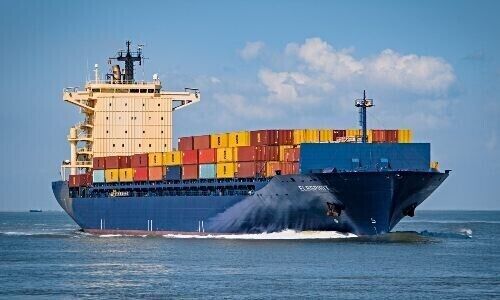WEF: This Is the Pessimistic View of the Global Economy
A survey of economists conducted by the World Economic Forum reveals widespread skepticism about the global economy in 2025, with the threat of recession, fragmentation and long-term change around the world.
The «Chief Economists Outlook 2025» published by the World Economic Forum (WEF) on Thursday paints a rather pessimistic picture for the development of the global economy. The majority of chief economists from private and public institutions surveyed expect a global recession in the current year. The experts are particularly concerned about the weak development in Europe and China and rising government debt.
The growth prospects are «the weakest for decades», writes the WEF. The majority of chief economists, which is 56 percent expect the global economy to weaken next year, while 17 percent anticipate an improvement.
Gloomy Outlook for Europe and China
According to the results, a majority expect an initial upturn in the USA before far-reaching changes could occur in the long term. Strong growth is also expected to continue in South and Southeast Asia, particularly in India. By contrast, the outlook for Europe remains gloomy: 74 percent of respondents predict weak or very weak growth this year. The outlook for China also remains gloomy and growth is expected to gradually weaken in the coming years.
(Click to enlarge; Graphic: WEF)
Global inflation is declining: the International Monetary Fund (IMF) expects an annual average of 4.3 percent in 2025, compared to 5.8 percent in 2024. However, inflation in services is still higher than inflation in goods.
Donald Trump's presidency will have a long-term impact on the global economy. US policy will have a significant impact on the global economy in the coming years. A clear majority (61 percent) describe this impact as a long-term change rather than a short-term disruption.
Major changes are expected in areas such as trade, migration, deregulation and tax and industrial policy. The respondents also predict a fragmentation of trade in goods and services over the next three years.
Interaction Between Politics and Business
Obstacles to labor mobility and the transfer of technology and data are expected. Geopolitical rivalries and domestic political decisions are seen as the main drivers of current fragmentation trends. This underlines the growing importance of the interaction between political and economic factors.




























